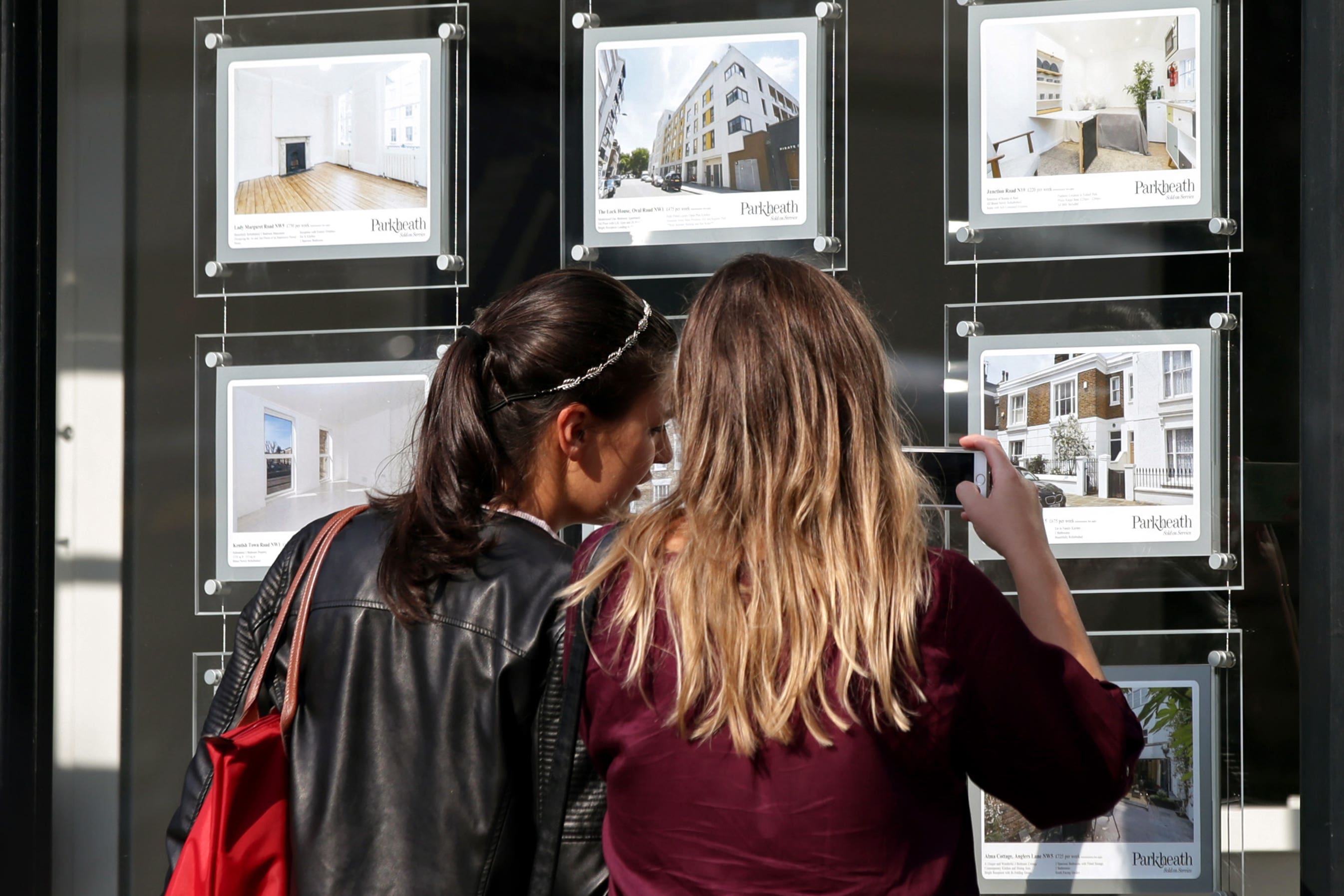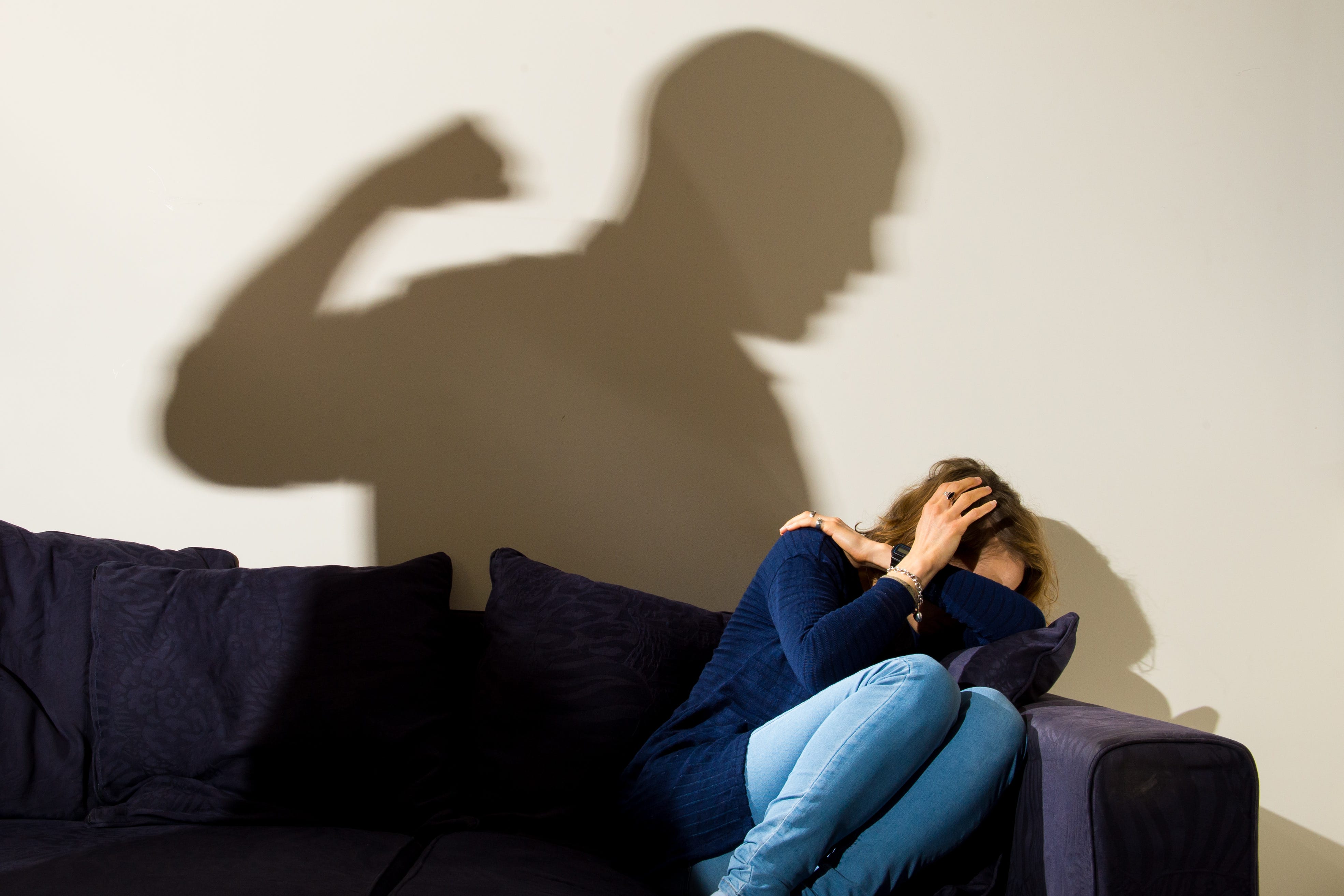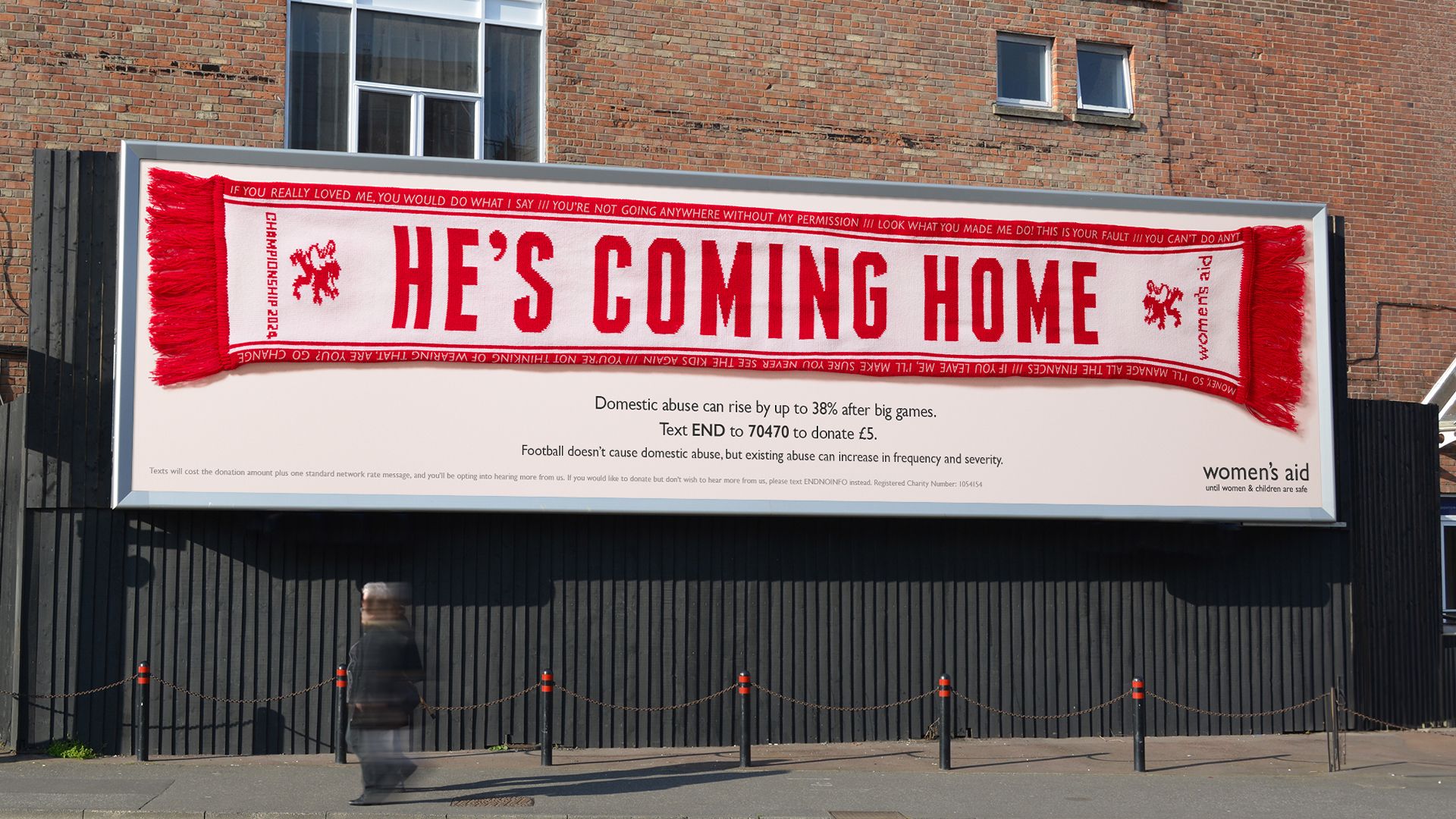Domestic abusers weaponising joint mortgages by refusing to pay their share
‘Over a decade since I left my abusive husband, he remains on the joint mortgage. I can’t sell the property without his permission,’ one domestic abuse victim says

Domestic abusers are pushing victims into spiralling debt and homelessness by weaponising joint mortgages against them - with 750,000 women in the UK estimated to be affected by mortgage abuse.
A study, by the charity Surviving Economic Abuse, has found one in eight women in the UK who had a joint mortgage in the last two years suffered economic abuse over the arrangement from their current or ex-partner.
Abusers are refusing to fork out for their agreed part of the mortgage, agree to new terms, or sell the property.
Such abuse traps victims with abusers, while those who manage to escape their partner are pushed into debt and housing insecurity as a consequence.

Researchers polled just over 1,000 women in the UK who have or had a joint mortgage in the last two years to inquire about whether they suffered mortgage-related abuse from a current or former partner.
Over three-quarters of those who had endured such abuse said they felt powerless to leave their partner or a dangerous living arrangement due to their joint mortgage being wielded to perpetrate abuse.
Around half of those women who said they had experienced mortgage-based abuse were forced to cut back on utilities or forego food, clothing, or toiletries, in a bid to afford their monthly mortgage repayments.
While around nine in 10 said their mental health was being harmed by the abuse - with this including suicidal thoughts, depression, anxiety, or panic attacks.
Sarah*, a domestic abuse survivor, said her ex-husband stopped contributing to the joint mortgage and paying child maintenance payments after she left him.
Me and my children remain trapped in a mortgage prison with no way out.
She explained that her abuser thwarted every attempt she made to sell the property or negotiate a more competitive interest rate despite the fact he was aware she could not afford the mortgage repayments while paying for essentials for herself and her children.
Sarah said his refusal to cooperate meant she was driven into worse financial hardship - adding that she has been forced to pay tens of thousands of pounds in divorce and financial remedy proceedings but hasn’t been able to remove him from the mortgage.
She added: “I was forced to use food banks and even stopped putting the heating on in the winter just to pay as much of the mortgage as possible each month.
“But I still couldn’t afford to maintain the mortgage and make ends meet, particularly as the cost of living continued to rise, so I was finally forced into arrears. Over a decade since I left my abusive husband, he remains on the joint mortgage.
“I can’t sell the property without his permission and, at any point, he can use his position to stop me from making mortgage repayments by withholding child support payments. Me and my children remain trapped in a mortgage prison with no way out.”

Surviving Economic Abuse, whose report is funded by abrdn Financial Fairness Trust and the Joseph Rowntree Charitable Trust, is calling for the government to set up a cross-government taskforce on financial abuse to stop perpetrators from weaponising joint mortgages.
Sam Smethers, interim chief executive of Surviving Economic Abuse, said: “Mortgage abuse is a hidden crime that’s destroying the lives of hundreds of thousands of survivors.”
She warned abusers are wielding joint mortgages to unleash “economic devastation” - adding that being “forced to foot the full mortgage bill makes it near impossible for survivors to flee to safety”.
Ms Smethers added: “For those who do escape, they remain tied to the abuser who can plunge them into mountains of debt.
“Survivors are doing everything they can to make ends meet – cutting back on food, turning off the heating, and borrowing money to keep up with repayments. But right now, banks are limited in what they can do to stop abusers from causing a lifetime of debt and homelessness for survivors.”
Mortgage abuse is a hidden crime that’s destroying the lives of hundreds of thousands of survivors.”
She said banks could do a better job of helping victims under the current system but an urgent overhaul of the law is needed to “stop abusers from destroying lives”.
Present laws mean mortgage holders are jointly and separately responsible for the entire mortgage debt - with any changes to the terms, like changing interest rates or taking off one person from the mortgage, needing the consent of both individuals. These rules are the same in situations of domestic abuse.
A spokesperson for the government said: “We recognise the devastating impact financial and economic abuse can have on victims, which is why this year we are providing £200,000 to Surviving Economic Abuse to raise awareness and support victims.
“The numbers in this report, which we are now considering, are stark and show how vital our mission to halve violence against women and girls in a decade is.”
*Sarah’s name has been changed to protect her identity
Join our commenting forum
Join thought-provoking conversations, follow other Independent readers and see their replies
Comments
Bookmark popover
Removed from bookmarks